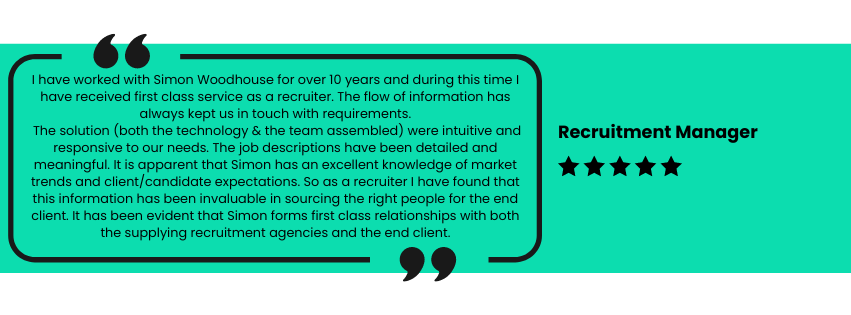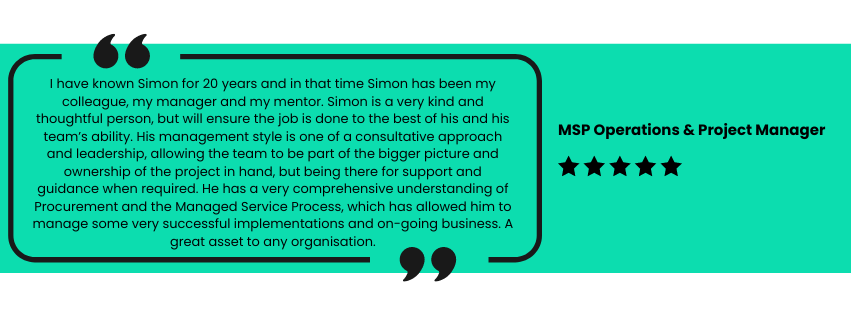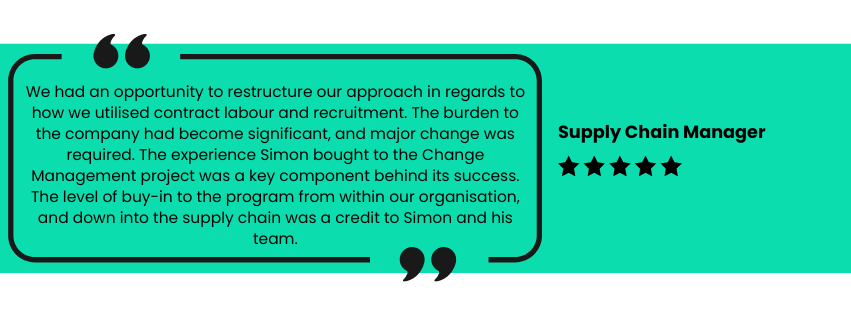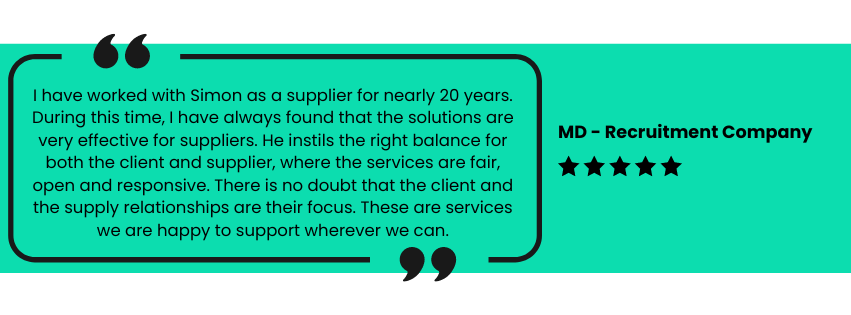The workforce of the future
Apr 22, 2025
The Workforce of the Future – Reimagined for a New Era
We are living in an era of profound transformation in the world of work. Rapid technological advancement, the evolution of artificial intelligence (AI), and the emergence of ‘thinking machines’ are reshaping how work is performed and redefining the skills organisations require. These seismic shifts pose far-reaching challenges for business leaders who must simultaneously navigate economic uncertainty, global disruption, and rising societal expectations.
In this increasingly volatile environment, competition for the right talent is intensifying. Traditional notions of “talent” have evolved; many of the roles, skills, and job titles that will define the future workforce do not yet exist. The imperative for organisations is clear: they must prepare for a future that is not yet fully defined, one that requires agility, resilience, and bold leadership in shaping the workplace of tomorrow.
- How can organisations prepare for a future that few of us can define?
- How will your talent need change?
- How can you attract, keep, and motivate the people you need?
- What does all this mean for HR?
Workforce of the Future - Characteristics and Capabilities
As organisations recalibrate for an unpredictable future, the composition and capabilities of the workforce must evolve. The most successful enterprises will be those that build a future-ready workforce, one that is data-literate, AI-fluent, values-driven, and empowered to lead through change. Below are core characteristics that will define the workforce of tomorrow.
Data-Literate and Analytics-Enabled
In a data-driven economy, competitive advantage is increasingly determined by an organisation’s ability to extract actionable insights from vast data sets. Future employees must be comfortable navigating data-rich environments. Data literacy will no longer be the domain of specialists alone, it will be a baseline requirement across roles. Leading organisations are adopting data democratization, ensuring that data access and analytics capabilities are embedded across functions and levels. According to MIT’s Center for Information Systems Research, data has become a “team sport.” Firms that decentralize data ownership and build cross-functional analytics teams are seeing increases in revenue, customer satisfaction, and operational efficiency.
To enable this shift, businesses will need to reconfigure teams, bringing together business leaders, technical experts, and developers, to foster real-time, insight-driven decision-making.
AI-Integrated Human Capital
Artificial Intelligence and robotics are no longer future possibilities. They are present-day imperatives. While these technologies may displace certain routine roles, their greatest potential lies in augmenting human intelligence and capability. From healthcare and education to logistics and customer service, AI can enhance quality, precision, and accessibility. The workforce of the future will be expected to collaborate with intelligent machines, such as collaborative robots ("cobots") to boost productivity and refocus human effort on creative, strategic, and emotionally intelligent tasks. Yet, responsible deployment is crucial. If poorly implemented, AI may widen income inequality and diminish workplace cohesion.
Forward-thinking organisations will prioritise AI strategies that complement rather than replace human capital. They will also anticipate and mitigate generational or cultural tensions arising from new technologies, perhaps through reverse mentoring, peer-learning programs, and transparent communication frameworks.
Commitment to Quality Employment
Employees of tomorrow will demand more than a paycheck. They will seek purpose, fairness, security, and upward mobility. Quality of work, including equitable compensation, career development, and well-being will be a critical factor in attracting and retaining talent. Organisations that lead in this space will go beyond offering training or incremental wage increases. They will design job roles with dignity, opportunity, and autonomy at their core, embedding respect for workers into the DNA of their corporate culture.
Empowered and Purpose-Driven
Empowerment will be the cornerstone of workforce engagement. Research from MIT Sloan highlights a persistent "voice gap" in many workplaces, a disconnect between employees' desire to contribute meaningfully and their actual influence over decisions. This disconnect is unlikely to persist. Across industries, workers especially those in traditionally undervalued roles are finding their voice. Employers who fail to adapt to this new reality risk losing trust, talent, and reputational capital.
A new social contract between employers and employees is emerging. One that aligns investor returns with human dignity. This will include:
- Rigorous selection for both technical and behavioural capabilities
- Continuous investment in training and re-skilling
- Transparent and performance-linked compensation models
- Respect for employee rights and workplace inclusion
- A shared voice in strategic decisions that impact livelihoods.
The Workforce of the Future: Strategic Messages for Leaders
Act Now – The Future is Already Here
This is not a conversation about the distant future. Many of the trends shaping tomorrow’s workforce are already visible today. Automation, flexible work, global talent pools, and digital tools are actively reshaping industries. Delay in action risks organisational irrelevance and a widening gap between capability and competitive need. Leaders must invest in scenario planning, adopt agile methodologies, and develop workforce strategies that are responsive to real-time market shifts.
Prepare for Multiple Futures – No Regrets, Smart Bets.
The future is not a fixed endpoint; it is a range of possibilities. Smart organisations will plan for multiple scenarios, combining "no regrets" moves that are universally beneficial (such as digital literacy and re-skilling) with bold "bets" on transformative innovation and future talent needs. This portfolio approach to workforce planning enables resilience and strategic optionality in uncertain times.
Leap Forward – Incrementalism Is Not Enough
Many organisations are approaching transformation with caution, modifying legacy systems and upskilling select teams. However, the magnitude of change requires more than incremental improvements. Leaders must be willing to rethink business models, reshape organisational structures, and embrace radical innovation where needed. Transformation should be led from the top, with a unified vision that connects workforce evolution to strategic growth.
Own the Automation and AI Agenda.
Automation is too significant to be siloed within IT or delegated solely to HR. Every C-suite leader, from operations to finance must understand its implications and lead the conversation. The question is no longer whether automation will impact the business, but how leaders will guide their people through the transition. Transparent communication, ethical governance, and workforce inclusion must be central to the organisation’s automation roadmap.
Prioritise People Over Roles
Jobs may become obsolete, but people do not. A responsible organisation focuses not on preserving outdated roles, but on enabling people to evolve. Agility, adaptability, and continuous re-skilling must be embedded into the culture. This shift requires not just training, but a commitment to building confidence, curiosity, and lifelong learning across the workforce. Investing in people is the most sustainable competitive advantage.
Craft a Coherent, Inspiring Narrative
Uncertainty breeds anxiety. One-third of today’s workforce expresses concern about job security in the face of automation. This anxiety hinders innovation and morale. Leaders must address these concerns directly by articulating a compelling vision of the future that connects individual purpose to organisational transformation. Employees should feel part of the journey, not subject to it. The narrative should emphasize adaptability, inclusion, and shared success.
The Workforce of the Future - Final Reflection: A Call to Leadership
In this era of accelerated change, success will not be determined solely by technology or capital, but by leadership. The most effective leaders will be those who combine vision with empathy, who balance innovation with inclusion, and who understand that human potential is the most valuable resource in the future of work.
Preparing for the workforce of the future is not just a strategic necessity, it is a moral imperative. The organisations that rise to this challenge will not only thrive in the market but will also help shape a more equitable, empowered, and resilient global workforce.
By Kwame Ampong
Talent Acquisition







